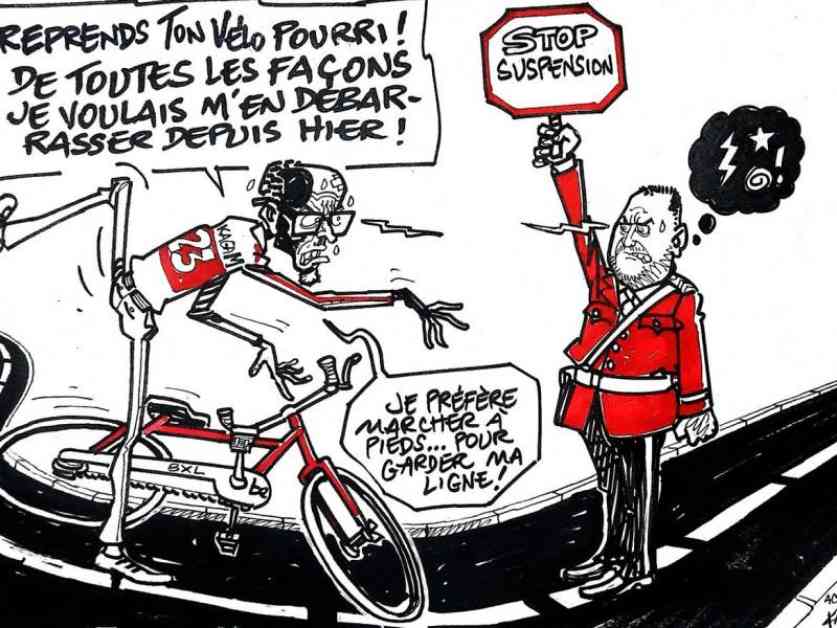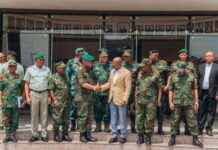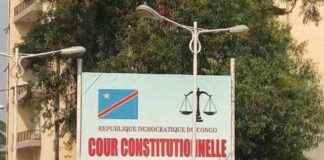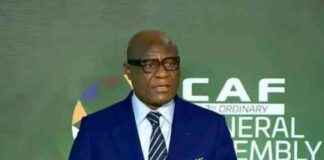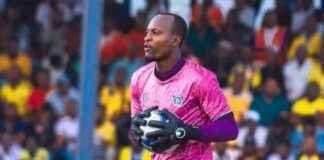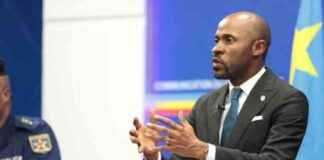Belgium-Rwanda Tensions Over Congolese Crisis: A Closer Look
Belgium recently announced a reassessment of its cooperation with Rwanda due to Kigali’s violation of the territorial integrity of the Democratic Republic of Congo (DRC). This decision comes as Rwanda unilaterally suspended its bilateral aid program with Brussels, accusing Belgium of politicizing development efforts. Maxime Prévot, the Belgian Minister of Foreign Affairs, clarified that the reassessment was already underway before Rwanda’s suspension and aims to take decisive action while preserving gains for the Rwandan people.
Rwanda has criticized what it sees as an “aggressive campaign” orchestrated by Belgium and Kinshasa to hinder its access to development funding. Kigali believes that Brussels has taken sides in the conflict by imposing unwarranted sanctions, undermining diplomatic efforts led by the African Union, the East African Community (EAC), and the Southern African Development Community (SADC). The Rwandan government also justifies its military operations in the DRC as necessary to secure its borders against the threat of the FDLR, a militia it accuses of being a resurgence of the perpetrators of the 1994 genocide.
This diplomatic crisis signifies a deterioration of relations between Brussels and Kigali, despite Belgium being a long-standing key partner of Rwanda. It unfolds against a backdrop of regional tension, with the M23 advancing in South Kivu and mounting international pressure for the withdrawal of Rwandan troops from the DRC. In response to the M23 rebels capturing Goma, Belgium summoned the Rwandan chargé d’affaires to convey its firm stance on the situation and increase pressure on Kigali.
Analyzing the Root Causes
To truly understand the complexities of the Belgium-Rwanda tensions over the Congolese crisis, it is essential to delve into the root causes of the conflict. The violation of the DRC’s territorial integrity by Rwanda has been a longstanding point of contention, exacerbated by accusations of political manipulation in development aid. The perceived interference of Belgium and Kinshasa in Rwandan affairs has fueled animosity and hindered diplomatic resolutions.
The issue of the FDLR, a militia group accused of being linked to the 1994 genocide, adds another layer of complexity to the situation. Rwanda’s military operations in the DRC, justified as border security measures, have raised concerns about sovereignty and regional stability. The intersection of historical grievances, security threats, and diplomatic maneuvers underscores the intricate nature of the Belgium-Rwanda rift.
Implications for Regional Dynamics
The escalating tensions between Belgium and Rwanda have broader implications for regional dynamics in Central Africa. The involvement of the M23 rebels in South Kivu and the international calls for Rwandan troop withdrawal underscore the fragility of the situation. The diplomatic fallout between Brussels and Kigali not only strains bilateral relations but also reverberates across the African continent.
As neighboring countries and international organizations navigate the complexities of the Congolese crisis, finding a resolution that addresses security concerns, historical grievances, and humanitarian needs becomes increasingly urgent. The Belgium-Rwanda tensions serve as a microcosm of the larger challenges facing the region, highlighting the delicate balance between national interests, regional stability, and international cooperation.
In conclusion, the Belgium-Rwanda tensions over the Congolese crisis shed light on the intricate web of geopolitical, historical, and humanitarian factors at play in Central Africa. As stakeholders grapple with the complexities of the situation, the need for dialogue, cooperation, and sustainable solutions becomes more pressing than ever. Only through a comprehensive and inclusive approach can the underlying issues be addressed and a path towards peace and stability in the region be forged.
